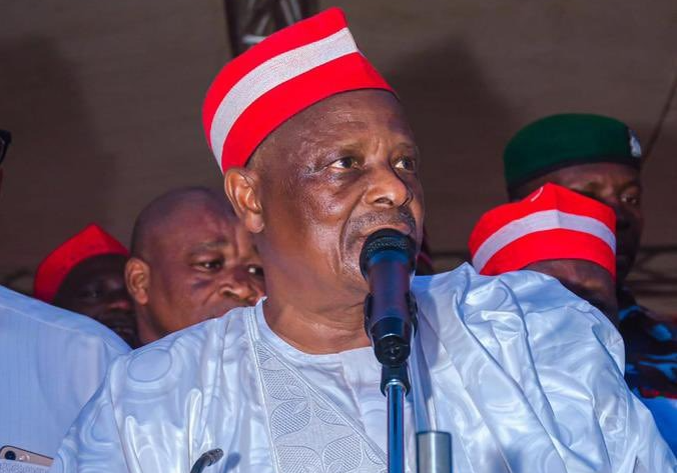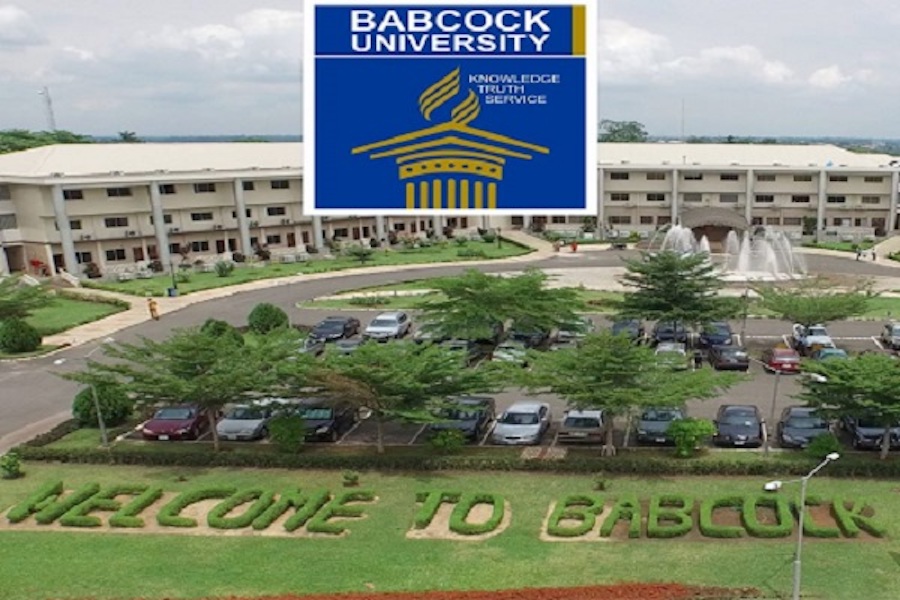Nigeria Labour Congress (NLC) President, Joe Ajaero, has urged African governments to put an end to what he described as escalating intimidation, arrests, and state-backed attacks on labour leaders, warning that the trend poses a serious threat to democracy and the delivery of quality public services across the continent.
Speaking at the 14th Public Services International (PSI) Africa and Arab Countries Regional Conference in Accra, Ajaero said trade unions were increasingly being undermined through state violence, interference in union affairs, and politically motivated clampdowns.
He described the growing use of force in industrial relations as “class warfare from above,” citing examples such as the occupation of union offices, government-backed imposition of union leaders, and the suppression of independent labour voices.
Ajaero pointed to recent incidents in Nigeria, including the invasion of NLC offices and arrests of union officials, as well as the reported hijack of labour centres in Guinea-Bissau.
He warned that such actions erode workers’ rights and weaken democratic governance. Linking these hostilities to worsening economic conditions across Africa, he blamed neoliberal policies for deepening poverty even among those in regular employment. According to him, work has increasingly become “a trap that condemns many to perpetual want,” rather than a source of dignity and emancipation.
Highlighting poor wages, salary arrears, unsafe workplaces, and insecurity faced by public servants such as teachers and nurses, Ajaero argued that governments cannot expect improved service delivery while treating workers as “dregs and flotsam of society.”
He acknowledged the solidarity shown by PSI affiliates earlier in the year when Nigerian labour leaders were detained, noting that international pressure helped reverse what he described as oppressive government actions.
Calling for coordinated resistance, Ajaero urged unions across Africa and the Arab region to strengthen collective strategies against attempts to weaken labour structures.
He insisted that the Accra conference must mark a turning point, urging participants to interrogate policies that subjugate rather than liberate African workers and to build a movement resilient enough to withstand neoliberal onslaughts.
He further called for stronger engagement with the International Labour Organization, the African Union, and other multilateral institutions to hold governments and corporations accountable for rights violations.
Concluding his address, Ajaero reaffirmed Nigeria’s solidarity with the global labour community, declaring: “Nigerian workers, through the NLC, extend a hand of unwavering solidarity. Let us leave Accra with a renewed pact to fight together, win together, and build a continent where work brings dignity and public service truly serves the public.”












